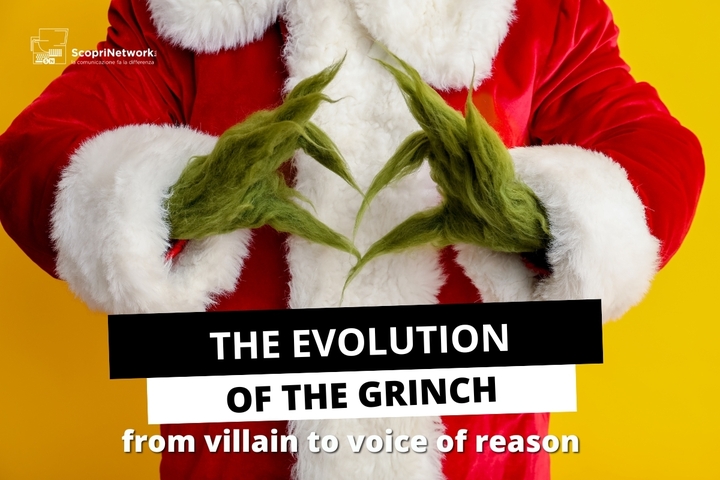Before English represented a unifying force, from the late 19th century until World War II, the Esperanto language aspired to become mankind’s official language.
As technology continues to make the world a much smaller place, communicating with people and businesses across the world isn’t only an option but is effectively the only way forward.
Our CEO, journalist Debora Pasero, shares her experience of what English has become to the international community, so detached from its original motherland that some people from the UK may struggle to understand the version of English spoken by people around the world.
A language no one owns
Developed by L. L. Zamenhof, Esperanto is a constructed language created with the goal of becoming a universal means of communication. Zamenhof, a jewish man who lived in Russia, combined words and grammatical structures from the most spoken languages in Europe to create a language that would be familiar and easy to learn for most people around the world. Zamenhof’s dream of peace through a unifying world language, however, never came to fruition. Although the Esperantists gained steam in the 1920s, the rise of fascist and nationalistic governments quickly squashed the movement.
In the Old Testament, the Tower of Babel represents the power of communication and human collaboration, a power so great that God himself had to intervene by creating multiple languages before they could literally and metaphorically reach heaven. In the 20th century when humanity showed signs of uniting through language, nationalism pushed back. Fascist dictators recognised how freedom of communication, and therefore knowledge, was a threat to their authority.
Anglification
As Esperanto slowly lost steam, English began growing as a more widely spoken and international language. Not only were countries that spoke English all around the world, making neighbouring nations more familiar with the language, but Hollywood and televisions in every home spread English words and expressions worldwide.
Today English is more than just a language: it’s a tool. Although it’s not as simple as Esperanto, it shares a lack of gendered words and its connection with both Romance and Germanic languages. English’s grammatical structure is less complex, not having the need for extensive conjugation, and the vocabulary is mostly bisyllabic making it easier to memorise. With the rise of social-media and international corporations, English has become the standard of the corporate and digital world. Many languages today incorporate English verbiage into their native vocabulary.
The evolution of English from the language commonly spoken in the United Kingdom to taking the place of Esperanto as a universal language is remarkable. Journalist and CEO of Scoprinetwork s.r.l. Debora Pasero recalls how, while leading an international team of young journalists in different countries in Eastern Europe, the version of English spoken by the team often held little resemblance to the original language.
«It was funny, often the people actually from the UK couldn’t understand what version of English we were all speaking – explains Pasero – people were mixing their own words with English words. English was more of a tool we used and bent to our needs. It worked, everybody understood each other and got along».
One for all and all for one
Zamenhof once said: “I initiated Esperanto, but the creative rights to it and creative credits for it also belong to the Esperanto community”. Similarly English has transformed from being “the language of Britain” to an almost universal means of communication. Despite the efforts of dictators and fascists to limit communication across borders and cultures, humanity has found a way. As the digital and corporate world unite people from all over they do it by using one universal language. Working together leads to innovative inventions and solutions to the world’s problems, this is only possible through communication, perhaps this time we may actually complete the heavenly tower.





